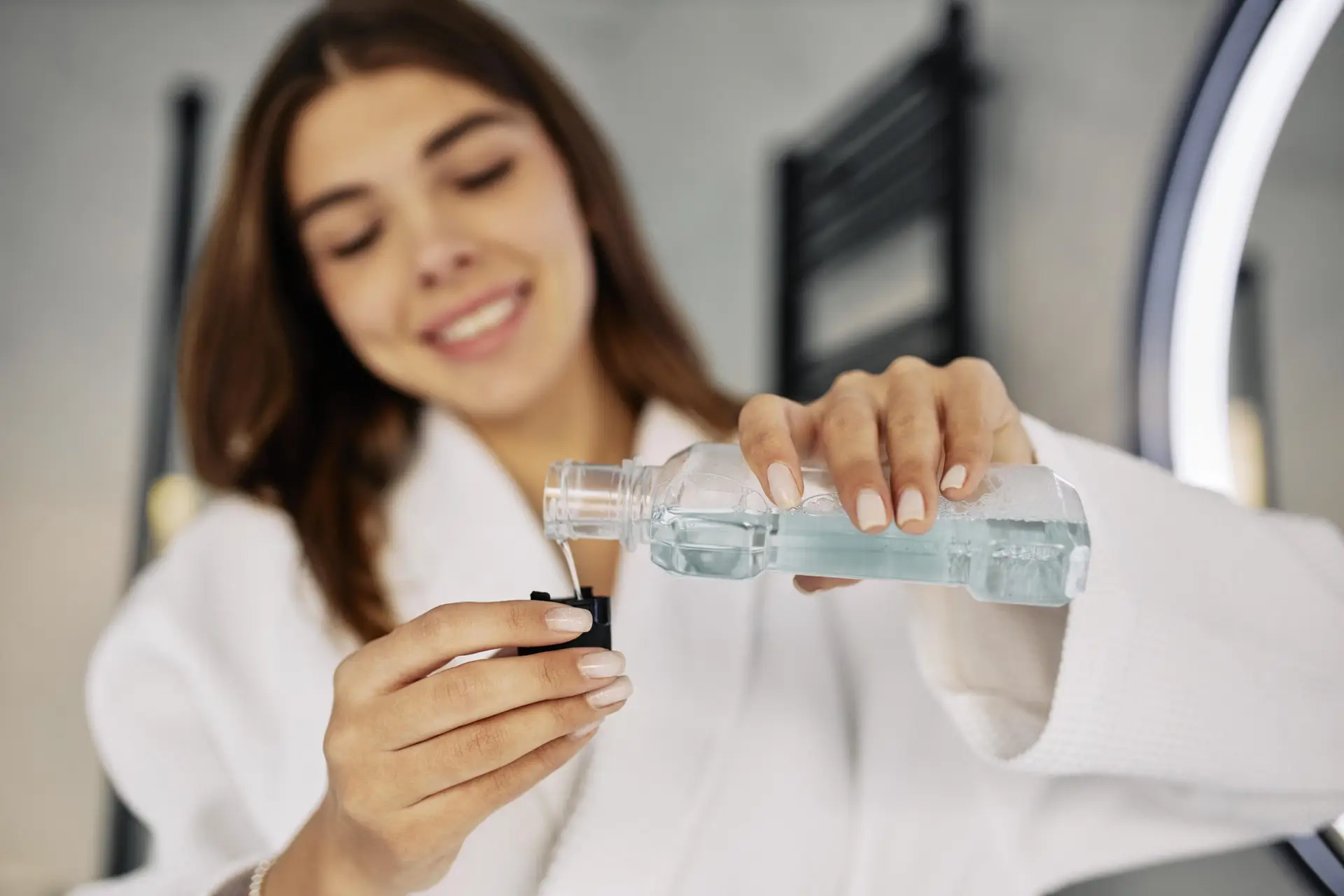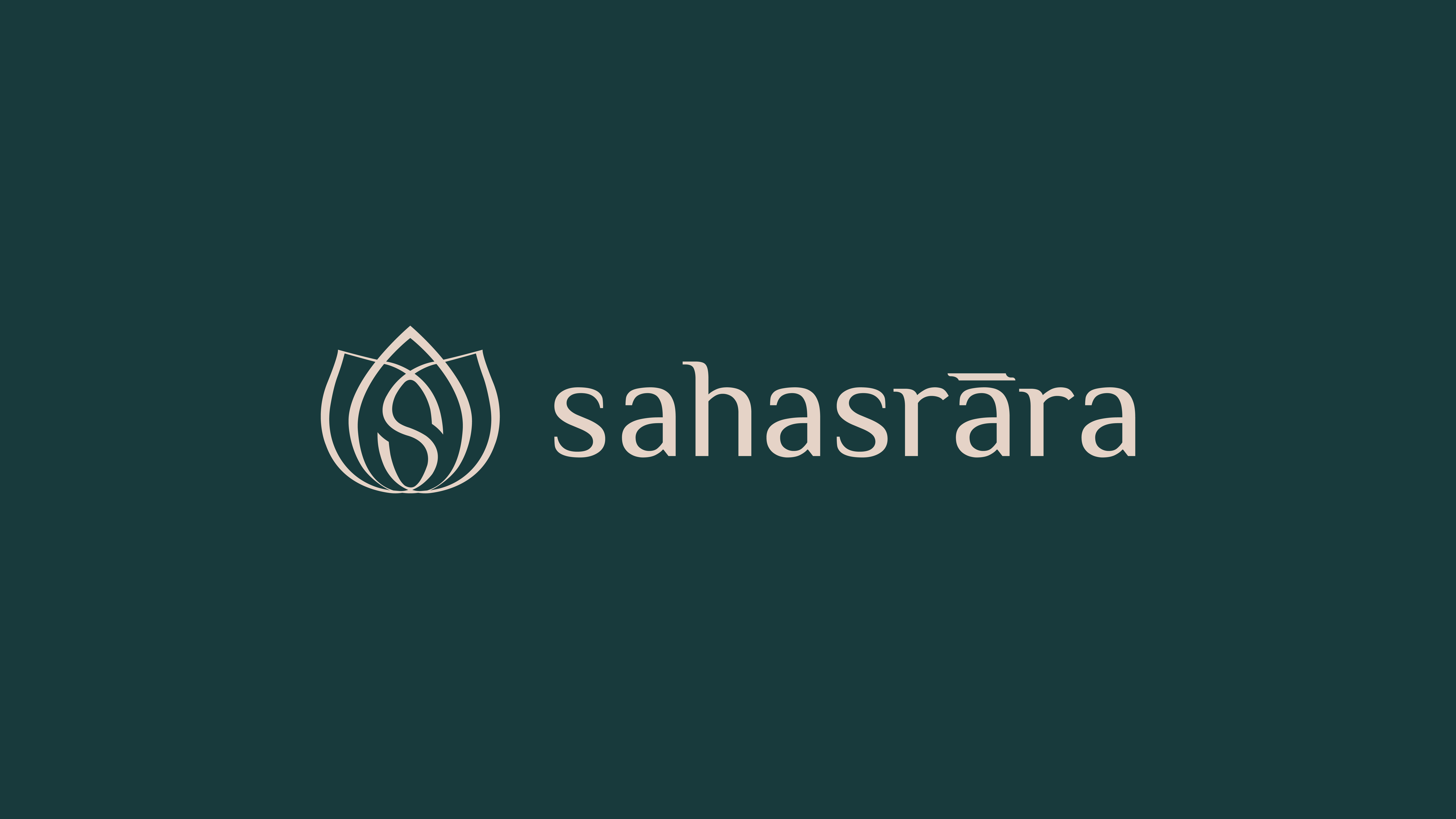Your cart is currently empty!
Shower Head Filter Functionality Explained – Yes, You Definitely Need 1
In the pursuit of maintaining radiant hair and skin, we often focus on a myriad…
In the quest for hair that’s fresh and voluminous without the hassle of traditional dry shampoo, micellar water is making waves. Popularized on platforms like TikTok, this gentle yet effective cleansing solution offers a modern alternative. Learn about its scientifically proven advantages, its effects on scalp health, and why it could quickly become your go-to haircare solution.

Micellar water is a cleansing solution containing micelles, which are amphiphilic molecules. These molecules have a hydrophilic (water-attracting) head and a hydrophobic (oil-attracting) tail. When applied, micelles cluster to form spherical structures that encapsulate and lift away dirt, oil, and other impurities from the skin or hair. It’s like a mini-magic trick for your hair!
When micellar water is applied to the scalp and hair, the micelles interact with sebum (natural oil produced by sebaceous glands) and other impurities. The hydrophobic tails of the micelles attract and encapsulate the oil and dirt, while the hydrophilic heads remain suspended in the aqueous solution. This mechanism allows micellar water to effectively cleanse the scalp and hair without the need for rinsing. Think of it as a gentle, no-rinse cleanse that feels as refreshing as it sounds.
15
Minutes
Pour a small amount of micellar water onto a cotton pad or directly onto the scalp.
Gently massage into the scalp and hair roots to dislodge and absorb excess oil and dirt.
Allow the hair to air dry or use a blow dryer to expedite drying.
While this offers a gentle and convenient way to freshen up your hair between washes, it’s not a complete alternative to regular shampooing—and neither is dry shampoo. Both can help manage oil and dirt in a pinch, but they shouldn’t replace your routine hair washing. Regular shampooing is essential for thoroughly cleansing your scalp and hair, maintaining overall scalp health, and preventing buildup from styling products and environmental pollutants.
“While I’m not particularly fond of dry shampoos—due to their texture and potential scalp concerns—I recognize the convenience they offer for those leading busy lifestyles. Micellar water presents a preferable alternative because it’s designed to be gentle on both hair and scalp, focusing primarily on the roots rather than saturating the scalp. However, it’s important to note that there is no real replacement for a proper shampoo to thoroughly cleanse the scalp when needed. As with any trend, moderation is key; overuse should be avoided.”
Browse Other Posts
In the pursuit of maintaining radiant hair and skin, we often focus on a myriad…
Blonding has been a popular hair color trend for many years, continuously evolving with new…
Are you new to the world of bond care, have never heard of bonds or…
Often times I come across clients who have felt misunderstood by their previous stylists. Sometimes…
So you have a hair appointment booked with your stylist. Don’t be anxious, you’re going…
Do you ever look in the mirror and feel like your hair could use a…

With Sahasrāra, you’re not just caring for your hair—you’re participating in a ritual that transcends routine and enriches your relationship with yourself and the world around you.